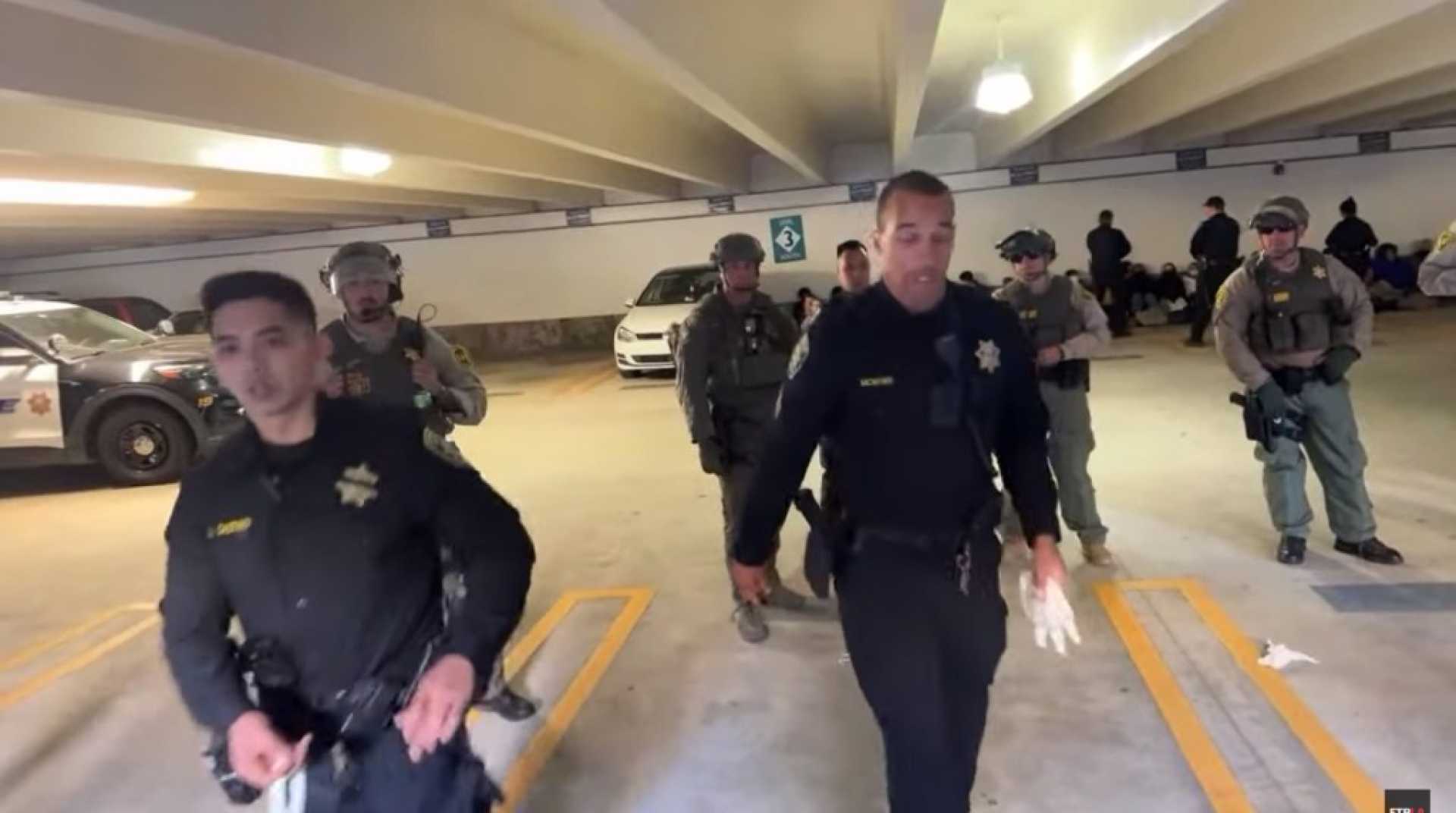News
UCLA Police Set to Return Cellphones of Protesters After Long Delay

LOS ANGELES, Calif. — The UCLA Police Department announced Monday that it will return the cellphones of 40 students arrested during mass demonstrations over the war in Gaza last year. The phones had been held for nearly a year, causing significant difficulties for the students, according to the National Lawyers Guild.
Attorneys representing the students reported that some individuals faced hardships, including job loss, difficulty in reporting for the Daily Bruin, and challenges in maintaining communication with family members. Without their phones, a student lost her job because her employer could not contact her.
Acting Police Chief Scott Scheffler confirmed in an email to The Times that no criminal charges will be filed against the majority of the arrested protesters from UCLA and USC. This decision came from Los Angeles City Attorney Hydee Feldstein Soto, who also noted that the phones are no longer being held as evidence.
“Individuals who have not yet picked up their phones will be notified and can make an appointment with our Property Unit to do so,” Scheffler stated. However, attorney Cynthia Anderson-Barker warned that students have only two weeks from the notification date to retrieve their phones, or they will be destroyed.
Anderson-Barker criticized the timeline as unfair, particularly for students who no longer reside in Los Angeles. She has requested that attorneys be allowed to collect the phones on behalf of the students, emphasizing the importance of identification and proof of ownership.
The UCLA Police Department maintains over 3,000 items of evidence, which are typically held until case completion. Sabrina Darwish, a criminal defense attorney, and Anderson-Barker began requesting the return of the phones after a significant arrest of students last year. Despite the ongoing investigation, no charges were filed.
In a related incident, UCLA suspended two pro-Palestinian campus groups for violating conduct rules during a protest. Chancellor Julio Frenk indicated that the students’ actions warranted disciplinary measures, but the groups remain resolute.
Darwish filed a motion in July for the return of the phones, which was denied due to a search warrant claiming potential felonious use. The attorneys noted that while a search warrant allows temporary holding of property, a year-long retention appears excessive.
“We’ve never received so much pushback in both of our careers,” Darwish said regarding their efforts to retrieve the phones, adding, “They’ve made it unnecessarily difficult.”












